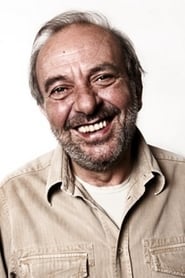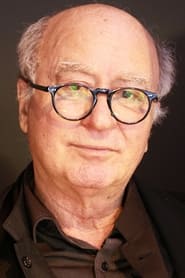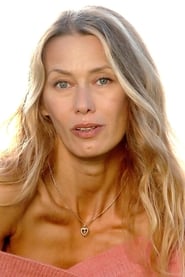

W Wolinski(2024)
After the Charlie Hebdo shooting events by the hand of jihadist terrorists David wants to bring on stage a play based on the late satyrical cartoonist George Wolinski's comicbook strips, but he struggles to finds cohoperation from institutional figures. He then agrees to direct in a small provincial town a stage play about an apulian folk dance, the Pizzica. Masterminding to disguise the original planned one, with its sexually explicit nature, into the accorded one he will gain the complicity of the curious cast hired on the spot. The start of the rehearsals will arouse excited consensus either censure which will lead to a growing boycott of the staging.
Movie: W Wolinski
Top 10 Billed Cast

W Wolinski
HomePage
Overview
After the Charlie Hebdo shooting events by the hand of jihadist terrorists David wants to bring on stage a play based on the late satyrical cartoonist George Wolinski's comicbook strips, but he struggles to finds cohoperation from institutional figures. He then agrees to direct in a small provincial town a stage play about an apulian folk dance, the Pizzica. Masterminding to disguise the original planned one, with its sexually explicit nature, into the accorded one he will gain the complicity of the curious cast hired on the spot. The start of the rehearsals will arouse excited consensus either censure which will lead to a growing boycott of the staging.
Release Date
2024-03-16
Average
0
Rating:
0.0 startsTagline
Genres
Languages:
FrançaisItalianoKeywords
Similar Movies
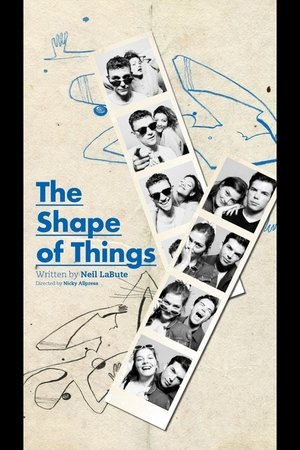 0.0
0.0The Shape of Things(en)
When college student Adam falls hard for Evelyn, an ambitious art major, the meaning of both art and friendship are pushed to their limits. Neil LaBute’s Olivier Award nominated chilling comedy is now streaming exclusively on Original Online, direct from its hit run at Park Theatre, London.
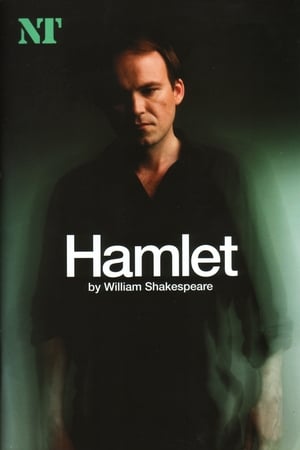 7.8
7.8National Theatre Live: Hamlet(en)
A 2010 broadcast of Hamlet returns to cinemas as part of the NT's 50th anniversary celebrations. Following his celebrated performances at the National Theatre in Burnt by the Sun, The Revenger's Tragedy, Philistines and The Man of Mode, Rory Kinnear plays Hamlet in a dynamic new production of Shakespeare’s complex and profound play about the human condition, directed by Nicholas Hytner. He is joined by Clare Higgins (Gertrude), Patrick Malahide (Claudius), David Calder (Polonius), James Laurenson (Ghost/Player King) and Ruth Negga (Ophelia).
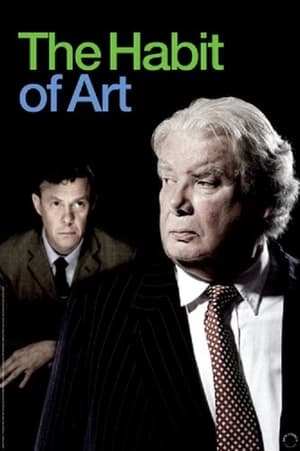 8.0
8.0National Theatre Live: The Habit of Art(en)
National Theatre Live’s 2010 broadcast of Alan Bennett’s acclaimed play The Habit of Art, with Richard Griffiths, Alex Jennings and Frances de la Tour, returns to cinemas as part of the National Theatre's 50th anniversary celebrations. Benjamin Britten, sailing uncomfortably close to the wind with his new opera, Death in Venice, seeks advice from his former collaborator and friend, W H Auden. During this imagined meeting, their first for twenty-five years, they are observed and interrupted by, amongst others, their future biographer and a young man from the local bus station. Alan Bennett’s play is as much about the theatre as it is about poetry or music. It looks at the unsettling desires of two difficult men, and at the ethics of biography. It reflects on growing old, on creativity and inspiration, and on persisting when all passion’s spent: ultimately, on the habit of art.
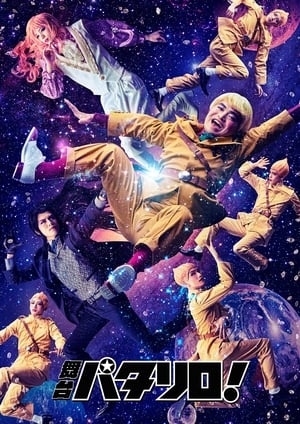 10.0
10.0Patalliro! Stage Play(ja)
The first theatrical play adaptation of the popular manga series “Patalliro!”.
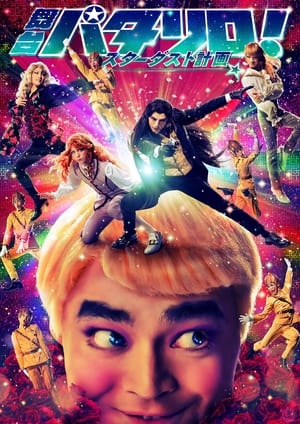 10.0
10.0Patalliro! Stage Play ★Stardust Project★(ja)
The second theatrical play adaptation of the popular manga series “Patalliro!”.
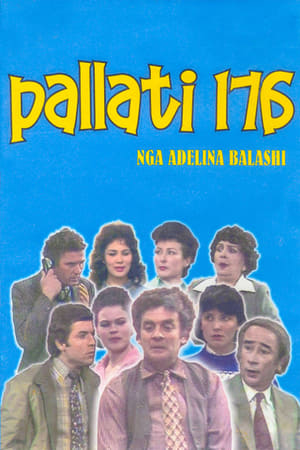 9.2
9.2Palace 176(sq)
A comedy known and loved by all, under the interpretation of the most famous actors of the Albanian National Theatre.
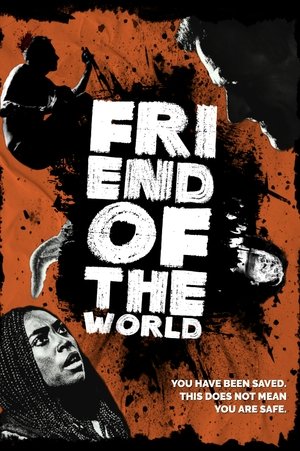 4.2
4.2Friend of the World(en)
After a catastrophic global war, a young filmmaker awakens in the carnage and seeks refuge in the only other survivor: an eccentric, ideologically opposed figure of the United States military. Together, they brave the toxic landscape in search of safety... and answers.
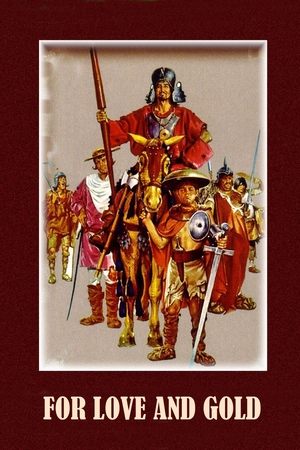 7.7
7.7For Love and Gold(it)
A group of rogues steal a scroll granting its bearer the property of the land of Aurocastro in Apulia, a province in the south of Italy. They elect a shaggy knight, Brancaleone from Norcia, as their leader, and decide to get possession of this supposedly wealthy land. Many adventures will occurr during the journey.
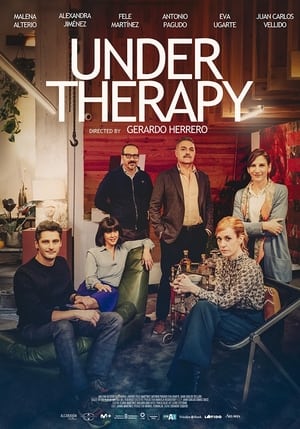 6.9
6.9Under Therapy(es)
Three married couples undergoing therapy are summoned by their female psychologist to a meeting. The psychologist won’t be attending the reunion herself, but she will give to them instructions about what they must do. Thus, to the sound of a horn (literally), the six protagonists will gradually air their dirty laundry concerning their relationships and bring up issues like taking care of the kids, the different home tasks, money, jealousy and sex, until it all leads to a most unexpected and equally shocking end.
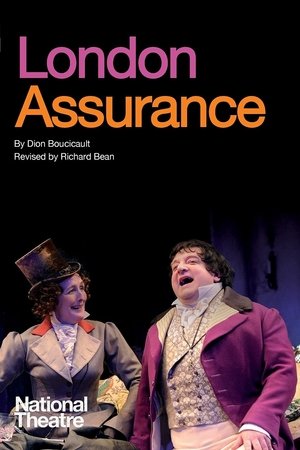 7.0
7.0National Theatre Live: London Assurance(en)
Grace has agreed to marry Sir Harcourt in return for his financial support of her family. At a house party in her father's place, Harcourt's son Charles also falls in love with Grace. When his father appears on the scene, he has to convince him that there is a case of mistaken identity and he is somebody else. Then Lady Gay Spanker, a married woman also visiting at the house, is persuaded by Charles to seduce his father and thus divert his attention from Grace. Much confusion and scheming ensues.
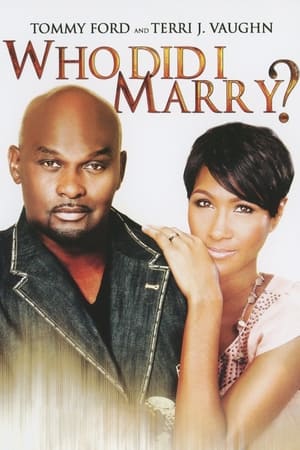 8.0
8.0Who Did I Marry?(en)
A successful couple with a beautiful daughter, gorgeous home and a mother-in-law and housekeeper that are both eccentric are all the ingredients necessary for a somewhat perfect yet always interesting family. But when Jennifer finds out that her husband Terrance has been cheating on her for years, the family is changed forever. Can Jennifer learn to forgive Terrance so their marriage can be saved, or is it too late to make amends?
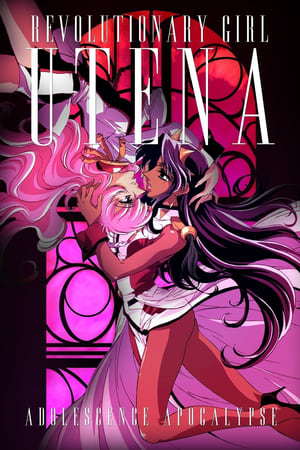 7.6
7.6Revolutionary Girl Utena: The Movie(ja)
In a loose retelling of the Revolutionary Girl Utena TV series, Utena Tenjou arrives at Ohtori Academy, only to be immediately swept up in a series of duels for the hand of her classmate Anthy Himemiya and the power she supposedly holds. At the same time, Utena reunites with Touga Kiryuu, a friend from her childhood who seems to know the secrets behind the duels. Utena must discover those secrets for herself, before the power that rules Ohtori claims her and her friends, new and old.
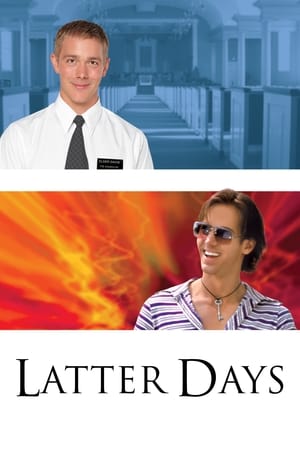 6.8
6.8Latter Days(en)
Christian, a hunky, 20-something, West Hollywood party boy gets more than he bargains for when he tries to seduce Aaron, a sexually confused Mormon missionary who moves into his apartment complex.
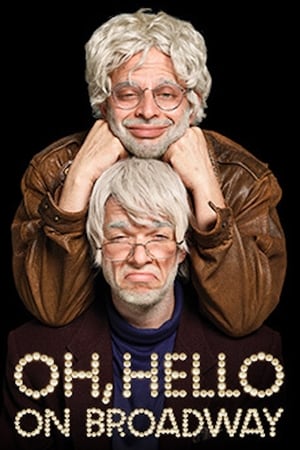 6.9
6.9Oh, Hello on Broadway(en)
Two delusional geriatrics reveal curious pasts, share a love of tuna and welcome a surprise guest in this filming of the popular Broadway comedy show.
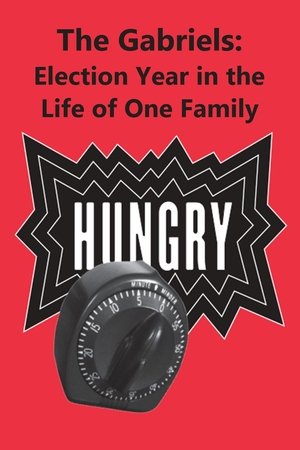 0.0
0.0The Gabriels: Election Year in the Life of One Family, Play One: Hungry(en)
Hungry is the first in a three-play cycle introducing us to the Gabriels of Rhinebeck, New York. These three plays unfold in real time and track the lives of the Gabriels throughout the coming presidential election year. To the rhythm of peeling, chopping and mixing, Hungry places us in the center of the Gabriel’s kitchen. The family discusses their lives and disappointments, and the world at large and nearby. As they struggle against the fear of being left behind, the family attempts to find resilience in the face of loss.
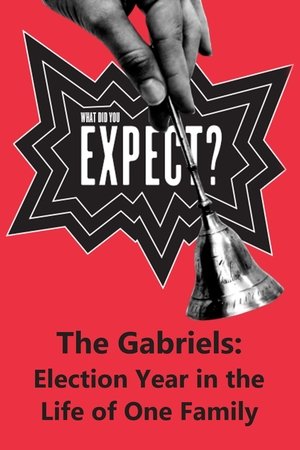 0.0
0.0The Gabriels: Election Year in the Life of One Family, Play Two: What Did You Expect?(en)
Back in the kitchen of the Gabriel family, the country is now in the midst of the general election for President. In the course of one evening in the house they grew up in, history (both theirs and our country's), money, politics, family, art, and culture are chopped up and mixed together, while a meal is made around the kitchen table.
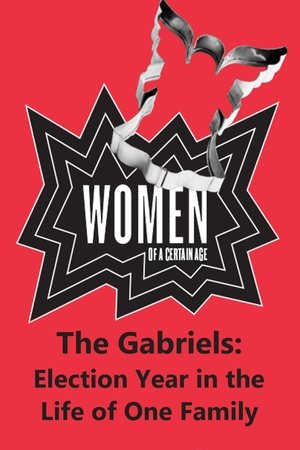 0.0
0.0The Gabriels: Election Year in the Life of One Family, Play Three: Women of a Certain Age(en)
Eight months after we first meet the Gabriels, Patricia, the family matriarch, joins her children and daughters-in-law as they prepare a meal from the past and consider the future of their country, town and home. Paying tribute to the difficult year behind them, the Gabriels compare notes on the search for empathy and authenticity at a time when the game seems rigged and the rules are forever changing.
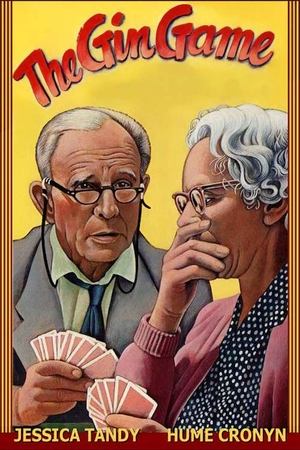 8.0
8.0The Gin Game(en)
Weller Martin and Fonsia Dorsey, two elderly residents at a nursing home for senior citizens, strike up an acquaintance. Neither seems to have any other friends, and they start to enjoy each other's company. Weller offers to teach Fonsia how to play gin rummy, and they begin playing a series of games that Fonsia always wins. Weller's inability to win a single hand becomes increasingly frustrating to him, while Fonsia becomes increasingly confident. While playing their games of gin, they engage in lengthy conversations about their families and their lives in the outside world. Gradually, each conversation becomes a battle, much like the ongoing gin games, as each player tries to expose the other's weaknesses, to belittle the other's life, and to humiliate the other thoroughly.
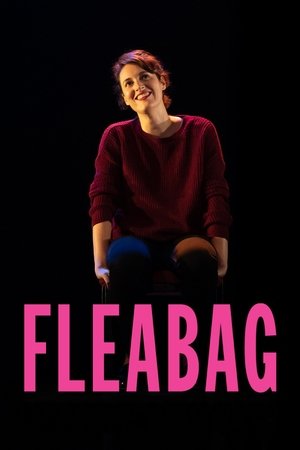 7.7
7.7National Theatre Live: Fleabag(en)
Fleabag may seem oversexed, emotionally unfiltered and self-obsessed, but that's just the tip of the iceberg. With family and friendships under strain and a guinea pig café struggling to keep afloat, Fleabag suddenly finds herself with nothing to lose.
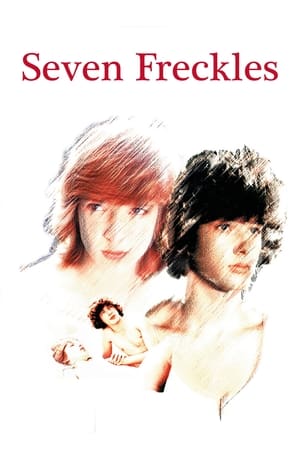 6.3
6.3Seven Freckles(de)
East Germany 1978. Karoline and Robert, teenagers who used to live in the same house until Robert's family moved, meet again at this year's holiday-camp. First love, first nude experience, first self-made theatre performance of "Romeo and Juliet". A look at the east-German youth in the late seventies.


